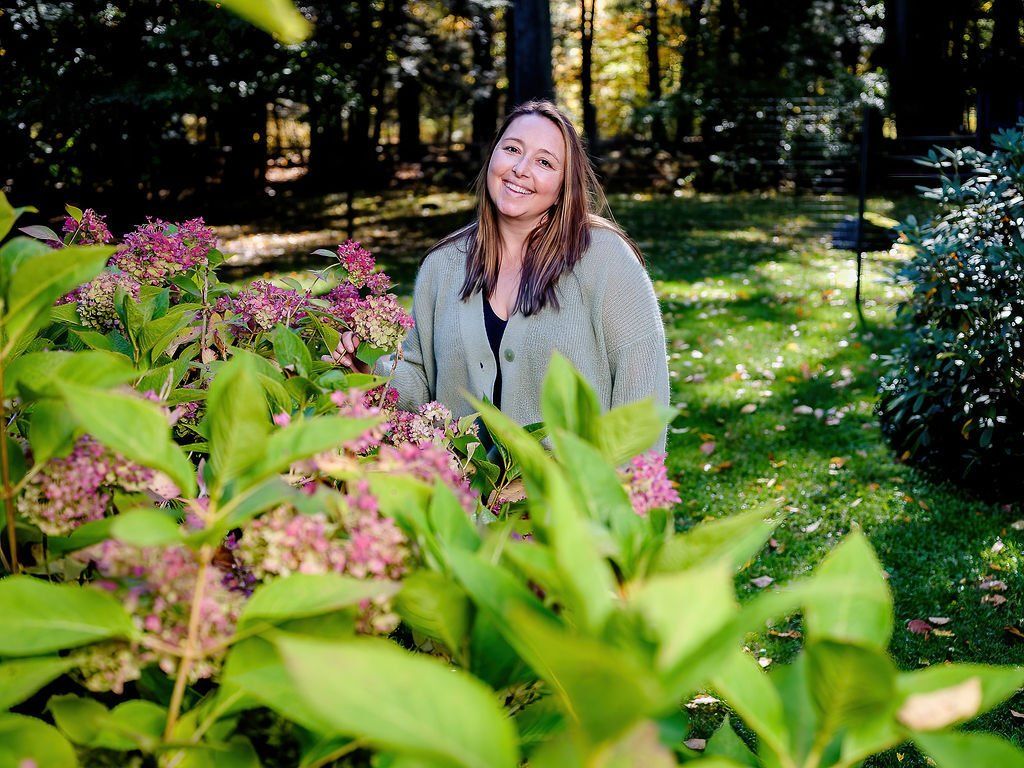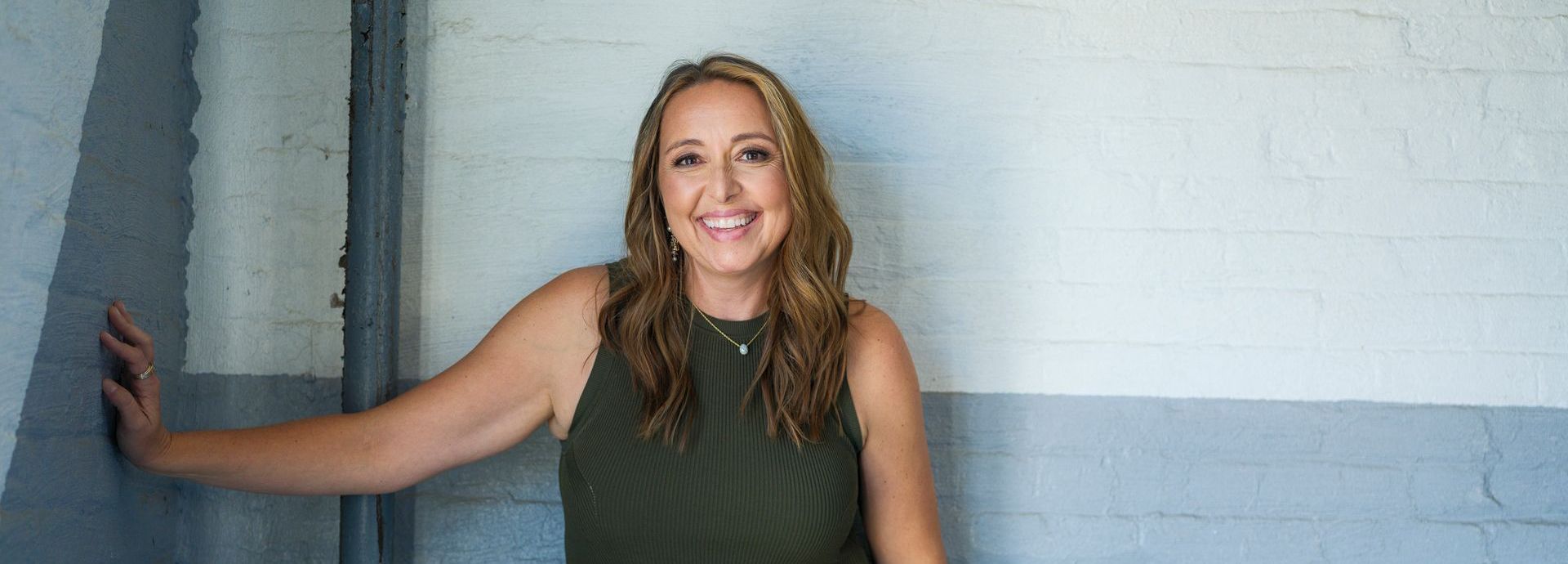Green Parenting: How to Raise Eco-Friendly Kids
committing to being a "green" parent can seem like a big task, but I am here to tell you it's not. my parents raised me to reuse, reduce, and recycle because of their financial situation. When they overcame their financial situation, the habits stuck. living green starts with small choices that are better for the earth. You can add on other green changes. Green Parenting: How to Raise Eco-Friendly Kids.

Green Parenting: How to Raise Eco-Friendly Kids
Be a Good Role Model
Children learn by example, and they will follow your lead in how you treat the world around you. If you make recycling and composting a part of your daily routine, they will be more likely to do so as well. If you turn off lights when leaving a room and never leave the water running while brushing your teeth, they will grow up doing the same things.
Talk About It
Talking openly about environmental issues can help your children understand the importance of caring for our planet. Start conversations about what makes up our world—the air we breathe, the water we drink—and discuss how important these things are for maintaining life on Earth. Encourage them to ask questions about what happens when waste isn't properly disposed of or why some materials aren't recyclable. Asking questions is an important step toward understanding their place within their environment!
Introduce Organic and Sustainable Foods in Your Kids' Diet
Once you've introduced organic and sustainable food items in your kids' diet, it's time to show them how to make their own healthy snacks. In our house, we have a garden that my child helps me tend to. He feels the pride of growing his own food and he's confident that he can complete tasks that take time.
Here are some ideas:
Buy Safe, Eco-Friendly Toys for Your Kids
- Purchase toys made of renewable resources and second hand.
- Avoid toys with small parts that could be a choking hazard.
- Be aware of chemicals in children's toys and products.
- Look for less packaging, as well as recycled materials in the packaging whenever possible. Make sure that the packaging is not excessive and doesn't require excessive amounts of energy to produce or ship it from manufacturer to retailer to you!
Purchase Sustainable Clothing for the Whole Family
Buying sustainable clothing is the best way to ensure that your kids are not harming the environment. It's also a great way to teach them about being eco-conscious and supporting ethical practices in the fashion industry.
Here are some way you can start:
- Buy organic cotton clothing - this means that no pesticides or other chemicals were used during its cultivation and processing, which is better for both the environment and human health.
- Buy clothing from local stores - this ensures that your money goes back into your community!
- Buy second-hand clothing - if you're worried about cost, think of it this way: every time you buy something new, there's another piece of clothing sitting in a landfill somewhere! If a certain piece is expensive but still functional (and/or has sentimental value), do some research online before selling it off; there may be someone who would like to buy it from you at a higher price than what you paid originally. You could even ask around among friends first if anyone would be interested in buying clothes from them before putting them up for sale online!
Say No to Disposable kitchen Items
Single-use items are wasteful and easy to replace. There are many options for reusable kitchen item products. You can replace plastic sandwich bags with dishwasher safe sandwich bags. Have your kiddos pick a favorite reusable lunch box they can be excited to take to school. You are their leader and example. Get them excited about this!
Start Composting or Vermicomposting
Composting is a great way to reduce your family's carbon footprint. You can compost at home, or you can join a community composting organization that will collect your organic waste and turn it into soil. If you live in an urban area, look for a community garden where you can pitch in to grow food together and distribute it among members of the community.
Make Your Own Cleaning Products
Instead of using store-bought cleaning products, try making your own with baking soda, vinegar and essential oils like lemon balm or lavender oil. These natural compounds are nontoxic and eco-friendly—plus they smell amazing!
Eco-friendly Cleaning Tips for a Safer Environment for Your Kids
- Use natural cleaning products.
- Use microfiber cloths instead of paper towels.
- Clean with vinegar and baking soda.
- Use essential oils to clean.
- Clean with lemon juice.
The most important thing is to not overwhelm yourself. Instead of trying to tackle everything at once, focus on one or two things at first, then work your way up as you get more comfortable with reducing your family's carbon footprint. If you're looking for ways to raise your kids in an eco-friendly way, we hope this post has given you some ideas. Remember that there are lots of ways to go about this, so don't feel pressured if not every single suggestion seems right for your family. Just do what feels comfortable and natural, and keep working at it over time.
Thank your for reading "Green Parenting: How to Raise Eco-Friendly Kids"!





